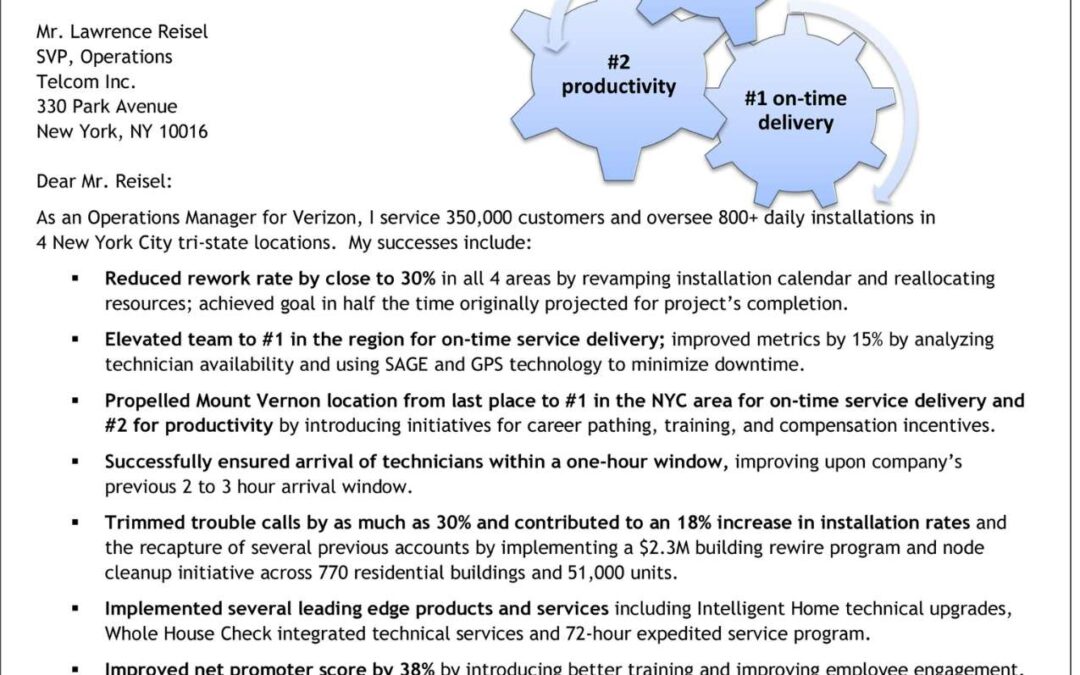 Keywords for resumes refer to the buzzwords or search terms that recruiters and hiring managers are using to source candidates for their open positions. Keywords generally relate to skills that are specific to the job function, industry, or business environment. Keywords have become increasing important in the past few years as more companies are relying on ATS or Applicant Tracking Systems to source candidates. ATS systems parse information on resumes that are uploaded to job boards and company websites and resumes are viewed (or not viewed) based on how closely the words in the resume match the job requirements or keywords that the hiring authority has chosen to search on. If a resume lacks the keywords that are part of this vetting process, the resume may never be seen by a hiring manager. The same may be true for Linked in profiles. Most recruiters and hiring managers search profiles based on keywords and will only view the profiles that match the keywords they have selected.
Keywords for resumes refer to the buzzwords or search terms that recruiters and hiring managers are using to source candidates for their open positions. Keywords generally relate to skills that are specific to the job function, industry, or business environment. Keywords have become increasing important in the past few years as more companies are relying on ATS or Applicant Tracking Systems to source candidates. ATS systems parse information on resumes that are uploaded to job boards and company websites and resumes are viewed (or not viewed) based on how closely the words in the resume match the job requirements or keywords that the hiring authority has chosen to search on. If a resume lacks the keywords that are part of this vetting process, the resume may never be seen by a hiring manager. The same may be true for Linked in profiles. Most recruiters and hiring managers search profiles based on keywords and will only view the profiles that match the keywords they have selected.
One strategy for creating a keyword-rich resume is to create a section on the resume (preferably following the summary or introductory section) that lists the appropriate keywords. The section can be labeled Areas of Expertise, Core Strengths & Capabilities, or Core Competencies. This writing strategy makes it easy for the human reader to understand your skills and allows the ATS systems to find relevant keywords in your resume. You can click on this link to view samples of keyword-rich resumes.
So how should you go about finding the right keywords for your resumes? Here are four recommendations.
- Review job postings – Look at job postings for positions you would consider applying for. What skills are repeated across job descriptions in the requirements section? Use those words in your resume to build out your keyword section.
- Review keyword lists. Wendy Enelow is the author of four books on keywords. She has sourced 25,000 keywords and keyword phrases across 5,400 job positions and titles in 28 industries and professions. You can click on the link to learn more about her books.
- Use LinkedIn’s skills section. Go to your LinkedIn profile and click on the more tab to locate the skills section. Type a skill into the search box and a pull-down menu will appear with alternative skills that are similar to the one you typed in the search box. This can help you source additional keywords for your resume as well as your LinkedIn skills section.
- Use a resume optimization service. See just how optimized your resume is for keywords by putting it through the same type of applicant tracking software tools used by employers to source candidates based on keyword searches. Preptel is an example of a service that allows you to customize your resume and keywords for each position you are applying to by leveraging their tools that mirror the applicant tracking systems.


